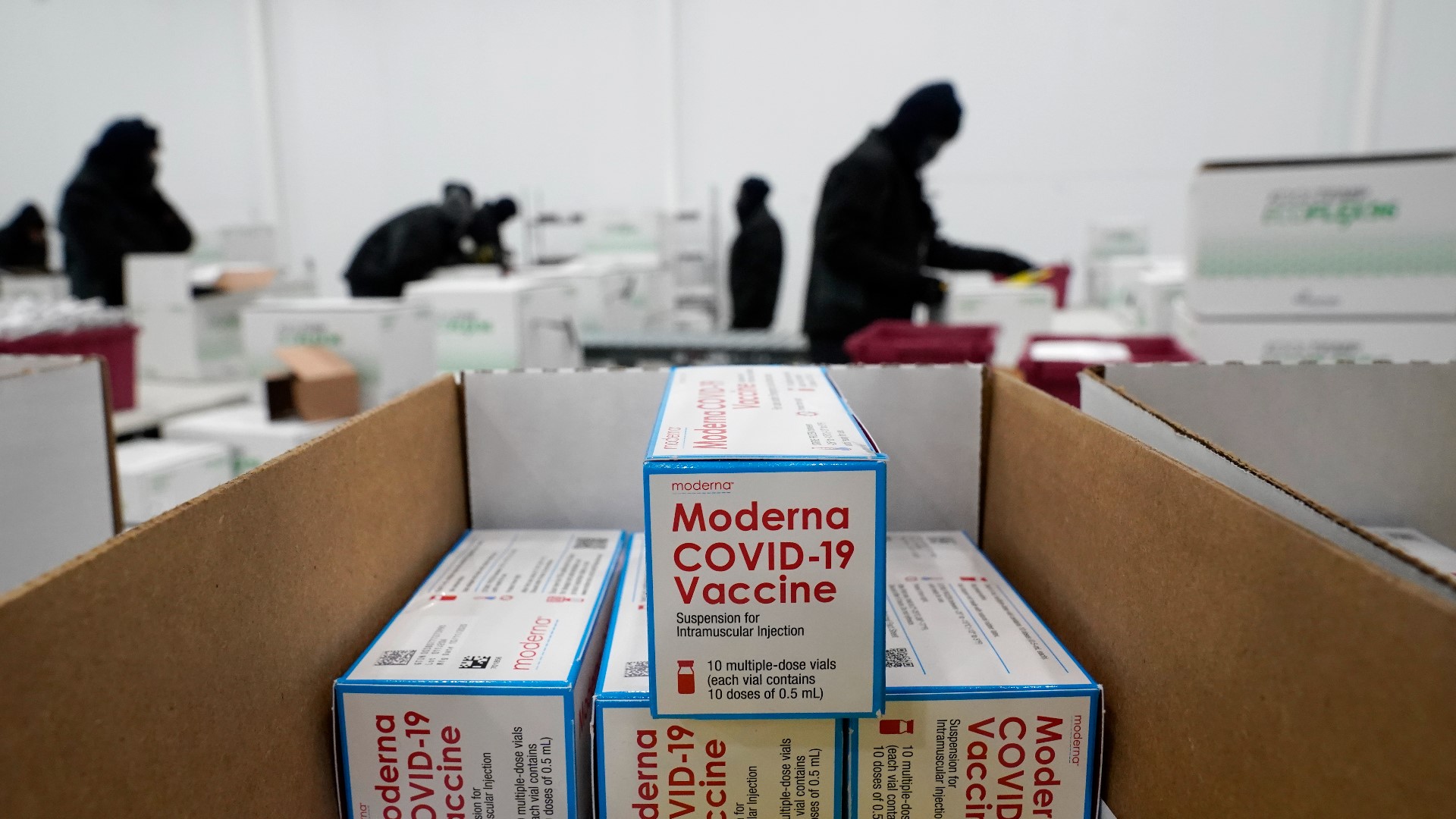ATLANTA — The campaign to eradicate a human disease for only the second time is nearing success, the Carter Center reported on Wednesday.
Former President Jimmy Carter's efforts through the Carter Center to combat Guinea worm began back in the 1980s.
Scientifically known by the name dracunculiasis, Guinea worm is a parasitic infection usually contracted through tainted drinking water which produces a painful blister that a very long, small white worm eventually emerges out of in a painful secondary process. It usually affects people in their legs or feet and "incapacitates people for weeks or months, reducing individuals' ability to care for themselves, work, grow food for their families, or attend school," according to the Carter Center.
According to the center, there were just 14 cases recorded globally in 2021, down 48% from 27 the year before. In 1986, when the Carter Center began leading the global eradication effort, there were 3.5 million human cases occurring annually.
If the campaign succeeds in bringing cases down to zero, it would mark only the second eradication of a human disease following smallpox back in 1980.
“Rosalynn and I are encouraged by the continued commitment and persistence of our partners and the citizens in the villages to eradicate Guinea worm,” former President Carter said in a statement. “Because of their persistence, this dreadful disease will be eradicated. Today we are closer than ever, and I am excited at the prospect of seeing the job finished.”
The Carter Center said seven of the 2021 cases were reported in Chad, four in South Sudan, two in Mali and one in Ethiopia. The center reported that two countries that reported a case in 2020, Angola and Cameroon, reported none in 2021.
The center credited community commitment for the progress made in eradication even as international aid efforts have been disrupted by the pandemic.
"While international health workers and researchers are vital to the success of the program, the day-to-day leadership and work of maintaining community awareness and education about Guinea worm, along with monitoring for infections, filtering drinking water, and protecting water sources from contamination, are largely the domain of community and family members," a release said. "So, while travel restrictions have had an impact, the campaign has not been interrupted."

